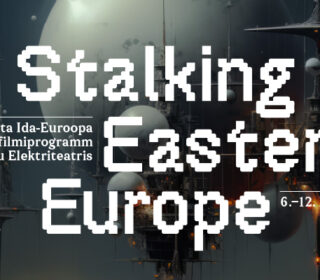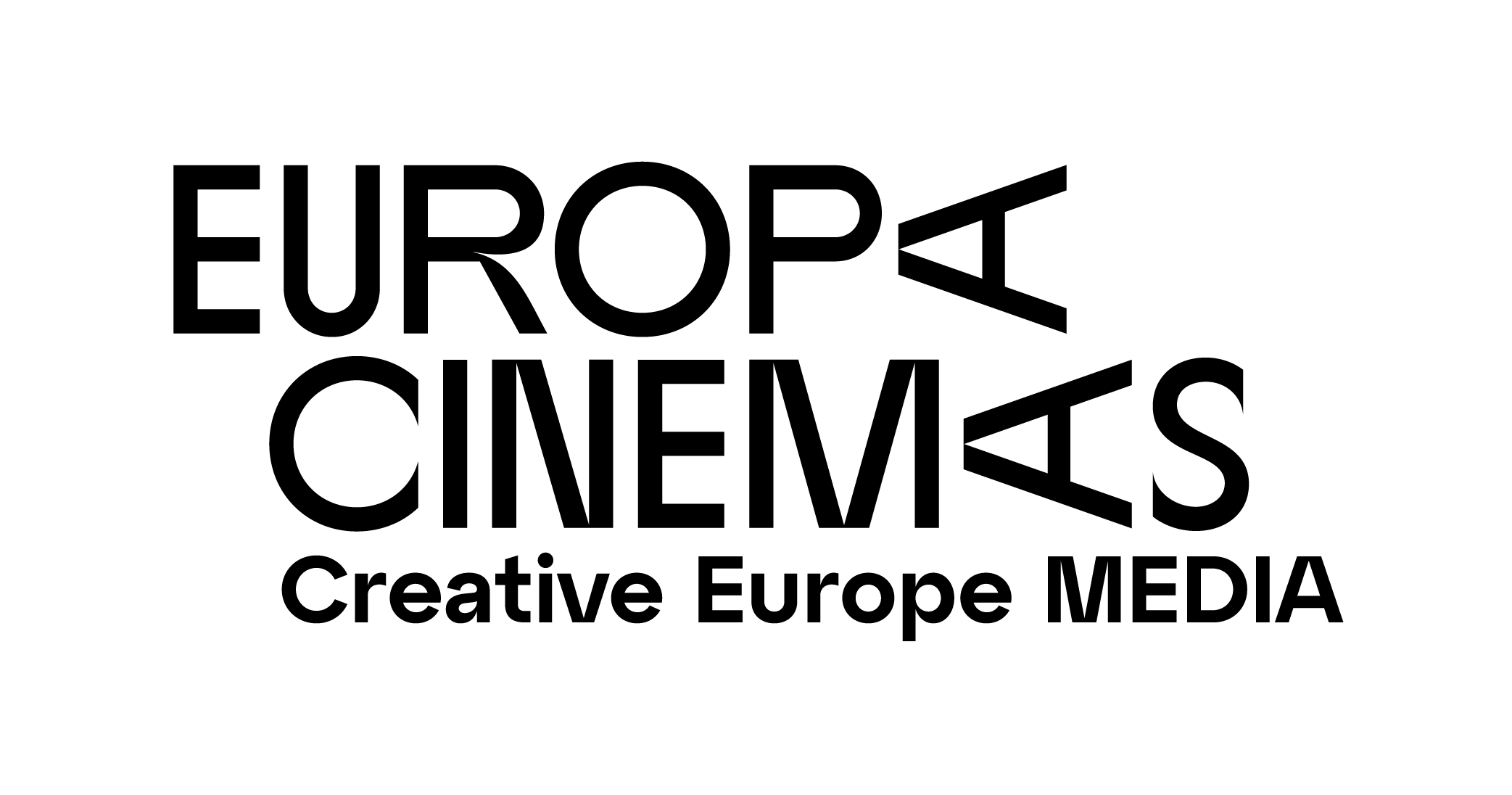




Stalking Eastern Europe
EST
6.–12. mail 2024 linastuv retrospektiivprogramm toob Elektriteatris publiku ette möödunud sajandi Ida-Euroopa ulmefilmid, millest enamiku moodustavad siinmail vähetuntud ekraaniteosed.
Filme ühendab pealtnäha sarnane fiktsionaalne aegruum, teadusulme keskne teema: avakosmos ja võõrad planeedid lähemas või kaugemas tulevikus. Kauged paigad, mida kujutades on fantaasiale vaba voli antud, tehes seda samas ajastu arusaamadele ja võimalustele vastavalt. Ent nagu on universum täis kõike mõeldavat ja mõeldamatut, on need filmidki tegelikult pärit igaüks ise maailmast. Ulmežanr oli siinpool raudset eesriiet sama mitmekesine kui mujalgi.
Ida-Euroopa ulmekino kontekstis teeb klassikalise kosmoseteemalise ulmetroobi huvitavaks asjaolu, et kui tavaliselt seostatakse kosmosevallutuste teemat suurriikide – sh Venemaa – kolonialistlike ambitsioonidega, täpsemalt nende pikendusega maavälisesse ruumi, siis need filmid on (kaas)toodetud riikides, mis olid ühel või teisel moel langenud Vene „kommunistliku“ kolonialismi ohvriks. Nõnda põimub filmides kaks tavapäraselt teineteist välistavat perspektiivi: (fiktsionaalse) koloniseerija ja (tegeliku) koloniseeritu oma.
Ajalisest mõõtmest kõneldes on oluline rõhutada, et tulevik mängib olulist rolli nii ulmežanri konventsioonides kui ka nõukogude ideoloogias, mis kujutles seda küll ilmtingimata helge homsena. Seda põnevam on jälgida, kuidas foonil terendav ideoloogiline ja imaginaarne kommunistlik utoopia suhestub nii ulmežanrist kui ka endise idabloki argielust lähtuvate düstoopsete impulssidega; kuidas mõjutab neis filmides leiduvaid Tuleviku ja Teise – aga sama palju ka Oleviku ja Mina – representatsioone ajas ja ruumis varieeruv ühiskondlik-poliitiline taustsüsteem. Filmide valmimise ajaline diapasoon ulatub 1950. aastate lõpust 1980. aastate lõpuni, kulgedes seega läbi optimistliku sulaaja ja masendava stagnatsiooniperioodi nõukogude süsteemi ootamatult kiire kokkuvarisemiseni. Need meelelolud kangastuvad hästi ka valitud filmides, mõistagi läbi ulme (kõver)peegli. Samavõrra avar on programmi kuuluvate linateoste väljendusvormide skaala: nende seas leidub nii ulmelist autorikino kui modernistlikku kosmoseulmet, nii postmodernistlikke (para)düstoopiaid kui ka kummastavaid žanrihübriide. Tänasele publikule on see ühtaegu kurioosselt meelelahutuslik kui veidralt mõtlemapanev vaatamine. Lisaks fantaasiarännule tulevikku ka tagasivaade ühte kadunud maailma.
Stalking Eastern Europe kuulub kirjandusfestivali Prima Vista 2024 „Paremad ja halvemad tulevikud” programmi, mis on osa Euroopa kultuuripealinn Tartu 2024 sündmuste kalendrist. Stalking Eastern Europe programm on valminud koostöös Rahvusarhiivi filmiarhiiviga. Programmi toetavad Eesti Kultuurkapital, Tartu Ülikooli kultuuriteaduste instituut, Poola Vabariigi Suursaatkond Tallinnas, Saksamaa Liitvabariigi Suursaatkond Eestis ja Rumeenia Suursaatkond Eestis.
Kino fuajees mängib festivali vältel lühifilm Cosmos Obscura (2018, režii Kate Balsley, heli Irina Escalante-Chernova).
ENG
From May 6 to 12, 2024, Elektriteater will screen Eastern European science fiction films from the previous century, most of which are lesser known around these parts.
The films are united by a seemingly similar fictional spacetime, the central theme of sci-fi: outer space and foreign planets in the near or far future. Distant places, in the creation of which, fantasies have been given free rein, doing so according to the convictions and opportunities of the era. As the universe is teeming with everything thinkable and unthinkable, so do these films each come from their own world. The genre of science fiction was as diverse on this side of the Iron Curtain as it was elsewhere.
In the context of Eastern European science fiction cinema, what makes the classic space-themed trope interesting is the fact that, while the theme of space conquests is usually associated with the colonial ambitions of major powers, including Russia – specifically their extension into extraterrestrial space, these films were (co)produced in states that, in one way or another, had fallen victim to Russian “communist” colonialism. Thus, in the films, two typically mutually exclusive perspectives intertwine: that of the (fictional) coloniser and the (actual) colonised.
Speaking of the temporal dimension, it is important to emphasise that the future plays a significant role both in the conventions of the science fiction genre and in Soviet ideology, which invariably imagined it as a bright tomorrow. It’s fascinating to observe how the looming ideological and imaginary communist utopia interacts with dystopian impulses stemming from both the science fiction genre and the everyday life of the former Eastern bloc; how the societal-political background, varying in time and space, influences the representations of Future and Other – but just as much the Present and Self – found in these films. The time span of the films’ creation extends from the late 1950s to the late 1980s, thus spanning through the optimistic Thaw-era and the depressing period of stagnation until the unexpectedly rapid collapse of the Soviet system. These moods are well-reflected in the selected films, naturally through the (distorted) mirror of science fiction. The range of expressive forms in the program’s films is equally broad: they include both art-house sci-fi and modernist space fiction, postmodern (para)dystopias as well as peculiar genre hybrids. For today’s audience, this viewing is both curiously entertaining and oddly thought-provoking. In addition to a fantasy journey into the future, it’s also a look back at a lost world.
Stalking Eastern Europe is part of the International Literary Festival Prima Vista: “Futures Better and Worse”, which is in the European Capital of Culture Tartu 2024 main programme. Stalking Eastern Europe has been produced in cooperation with the Film Archive of the National Archives of Estonia. The programme is supported by The Cultural Endowment of Estonia, University of Tartu Institute of Cultural Research, Embassy of the Republic of Poland in Tallinn, Embassy of the Federal Republic of Germany in Tallinn and Embassy of Romania in the Republic of Estonia.
During the festival, we will screen the short film Cosmos Obscura (2018, image Kate Balsley, sound Irina Escalante-Chernova) in the foyer of the cinema.
Kahjuks ei leidu selle programmi alla ühtegi seanssi.



